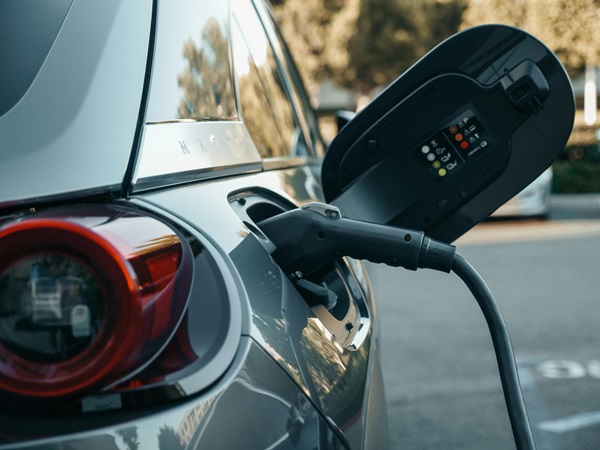
On Tuesday 16 January 2024, the Automobile Club du Luxembourg (ACL) reported that Luxembourg’s automotive sector recorded growth of 16.8% over the course of last year.
ACL called this figure a “deceptively positive trend” that will need to be upheld this year.
According to statistics from the Société Nationale de Circulation Automobile (National Society of Automotive Traffic - SNCA), there were 49,155 new registrations in 2023. This 16.8% increase could indicate a return to normal following three consecutive years of decline and a low of 42,094 new registrations in 2022.
The years of disruption to production and logistics chains now appear to be over, as delivery times also gradually return to normal. "You should currently allow between 3 and 6 months for delivery of a car ordered with a standard configuration", Marc Devillet, Director of Autopolis and Vice-President of Fedamo, claimed at the traditional Autofestival press conference.
The soaring figures observed over the past year are the result not only of annual sales but also of vehicles sold in 2022 and delivered and registered in 2023 owing to extended delivery times, ACL emphasised. This resulted in a catch-up effect that lasted throughout the year, thus inflating the 2023 figures. As a result, the annual figure is somewhat deceiving but offers a certain optimism for the coming year.
"We have indeed observed a catch-up effect, with the number of registrations exceeding the volume of sales. What's more, we still have a portfolio of vehicles sold in 2023 that will be registered in 2024. In addition to this, the market has already shown significant signs of dynamism since the start of this year, and even since December, so we're going to try to break through the 50,000 new registrations barrier again this year", Marc Devillet noted.
Accounting for 22.48% of new registrations last year, 100% electric vehicles continued to follow an upward trend, having accounted for only 8.4% of new registrations in 2020, 10.5% in 2021 and 15.2% in 2022. "This growth is largely attributable to company cars, which are serving as a catalyst in the electrification of the automotive fleet. Last year, 61% of new registrations were leased, including private, operational and financial leasing", Fedamo president Philippe Mersch points out. Unfortunately, the SNCA does not keep separate data for personal and business leasing.
The President of Fedamo also took the opportunity to thank the new government for extending subsidies for purchasing electric vehicles while advocating a move towards alternative technologies and the introduction of subsidies for purchasing used electric vehicles. "I understand that a number of avenues are currently being explored in this respect", he said, while emphasising that the target of 49% of cars being electrified by 2030 still seemed "difficult to achieve".
Taking into account both 100% electric cars and plug-in hybrids, vehicles capable of recharging using an electric socket accounted for 32.2% of new registrations in 2023 - almost a third of all new cars.
According to information provided by the Société Nationale de la Circulation Automobile (SNCA), about non-rechargeable combustion engines, diesel vehicles, including both pure diesel engines and those combining diesel with hybrid technology, achieved a market share of 20.5% of all new cars. The market share of petrol vehicles, including both petrol engines and petrol-hybrid systems, amounted to 47.2%.This is still, however, a long way off the 2030 target set out in the PNEC national energy and climate plan. As of 31 December 2023, electrified vehicles accounted for 8.5% of Luxembourg’s automotive fleet (BEVs and PHEVs combined). Of these, 100% electric vehicles accounted for 5.1% and hybrids for 10.5%.
According to data consolidated by Statec, Volkswagen remained the brand of choice for motorists in Luxembourg, with 5,871 new registrations in 2023 accounting for 11.9% of the new car market. The so-called ‘premium’ German brands top the list. BMW ranked in second place, with 4,926 new registrations and a market share of 10%, while Mercedes completed the podium line-up with 4,208 new registrations and a market share of 8.5%. Audi (3,918 registrations), Skoda (2,882 units), Renault (2,544 units) and Peugeot (2,530 units) followed the top trio in the rankings. In the luxury segment, meanwhile, Ferrari and Lamborghini each recorded 75 new registrations last year.
In terms of vehicle types, 42.5% of new registrations in 2023 related to “family estate” models and 30.2% to hatchbacks. The SNCA points out that designations such as SUV, Super Sport, crossover and grand tourer are marketing terms and do not appear in the registration or approval data. Only the body shape, as determined by the type approval, is recorded in the road vehicle database.








